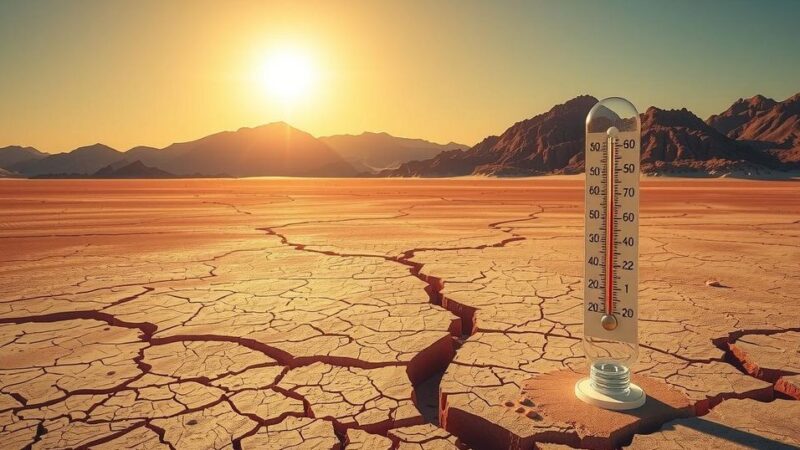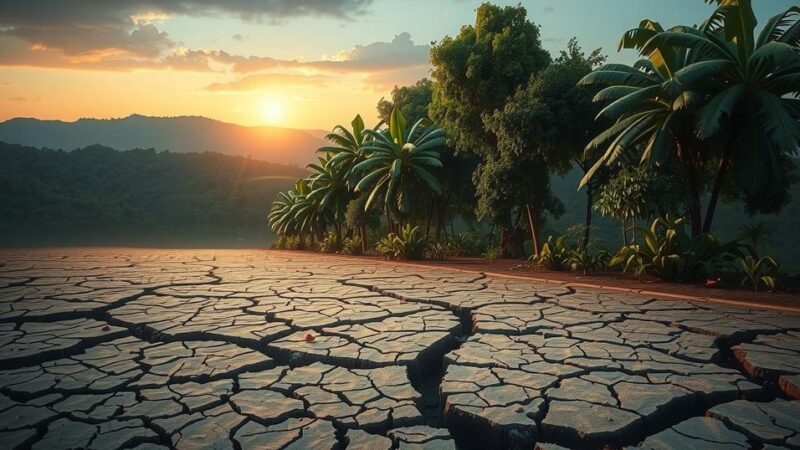Women face disproportionate impacts from climate change, particularly in West Africa, where they experience higher rates of poverty, limited mobility, and increased vulnerability during disasters. Addressing this issue necessitates greater inclusion of women in climate discussions, gender-sensitive policy development, and support for women-owned businesses to enable sustainable adaptation to climate change challenges.
Despite making up nearly half of the global population, women represented only 34 percent of delegates at the COP28 UN Climate Change Conference. The absence of gender-specific data on how climate change affects women hinders our understanding of this issue. As climate change disproportionately impacts women, their inclusion in discussions is essential for achieving effective and gender-sensitive climate action.
The environment in West Africa is particularly vulnerable to climate change impacts, leading to severe socio-economic challenges. The region faces issues such as flooding, droughts, and land degradation, which disproportionately affect women due to existing patriarchal structures and limited social mobility. These factors exacerbate women’s vulnerability, particularly during times of displacement caused by climate-related disasters.
Addressing the gendered impacts of climate change in West Africa requires empowering women as agents of change. This includes financial support for women-led initiatives, ensuring their voices are included in policy discussions, and promoting gender-sensitive legislation. Successful climate adaptation and disaster response must involve women at all levels, as they possess valuable knowledge and perspectives on addressing these challenges effectively.
Original Source: hir.harvard.edu






